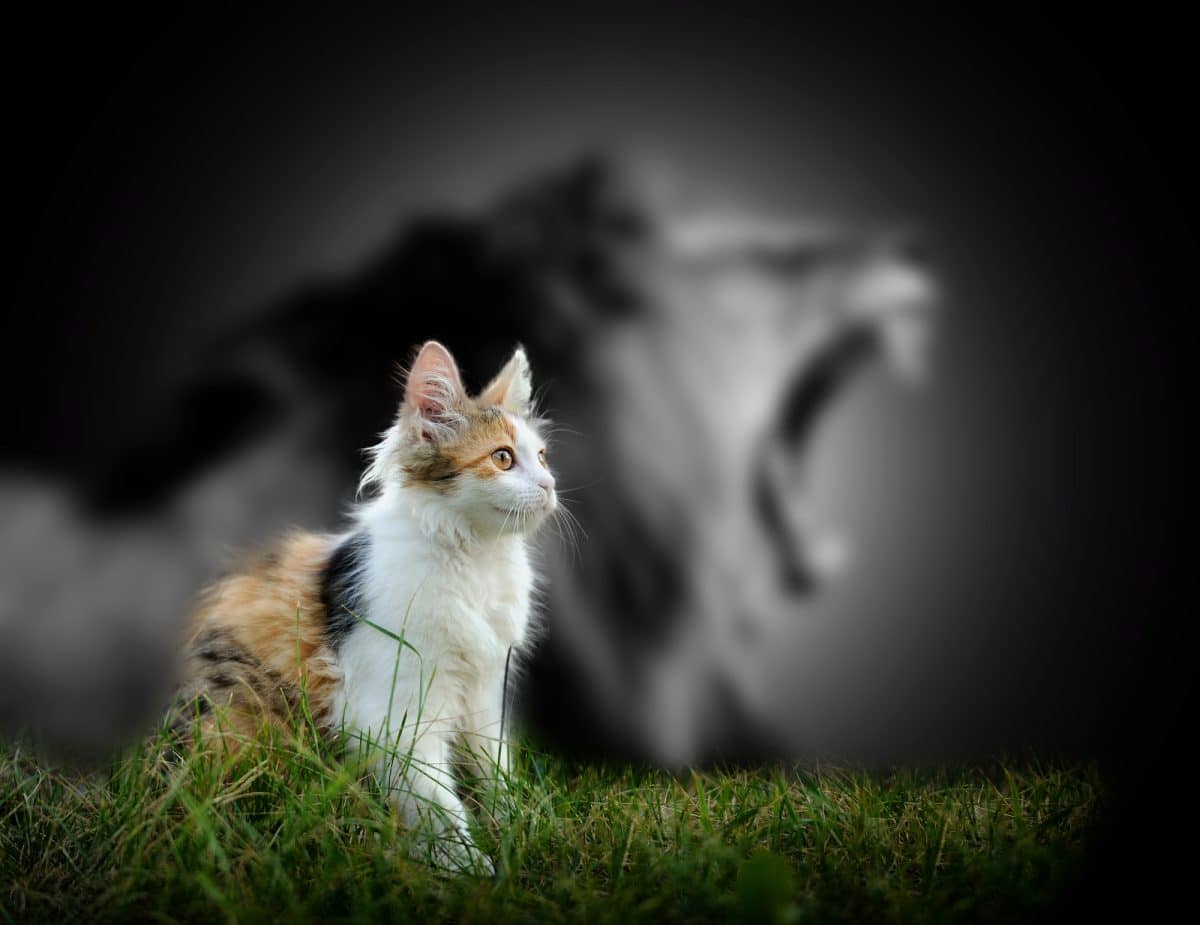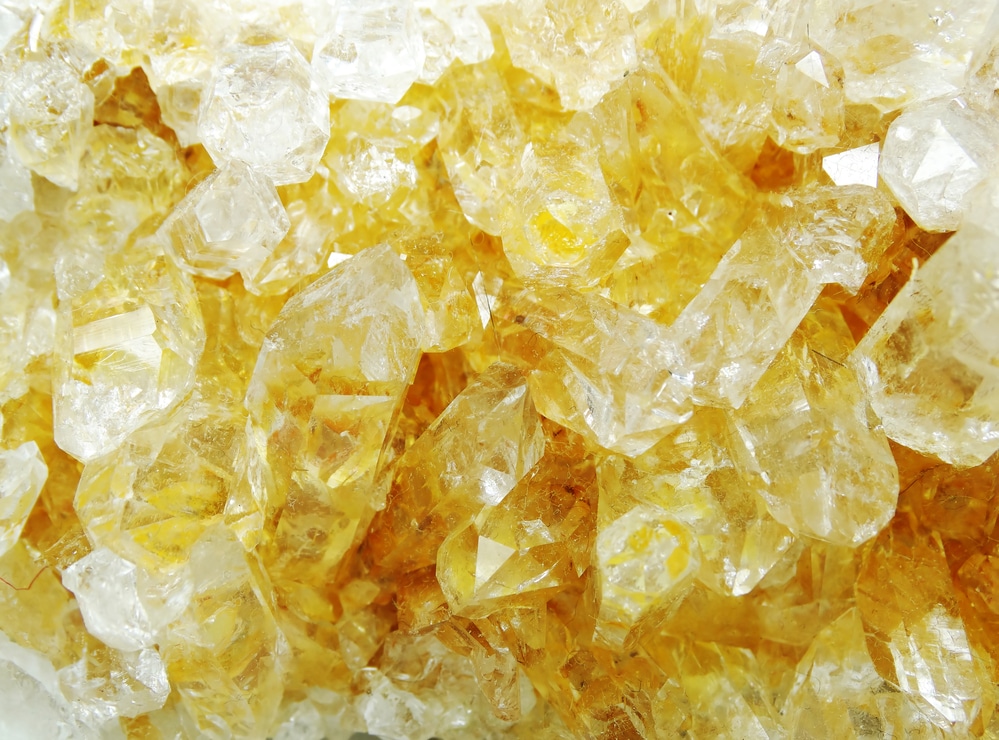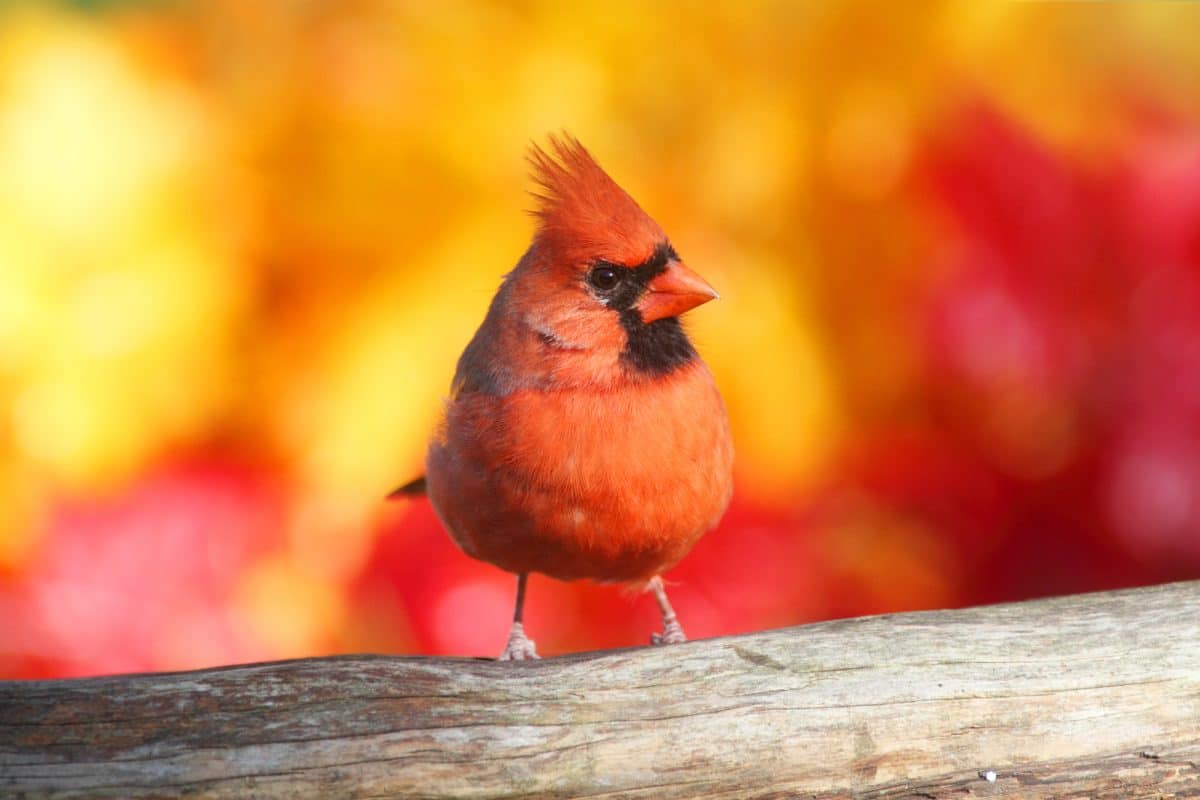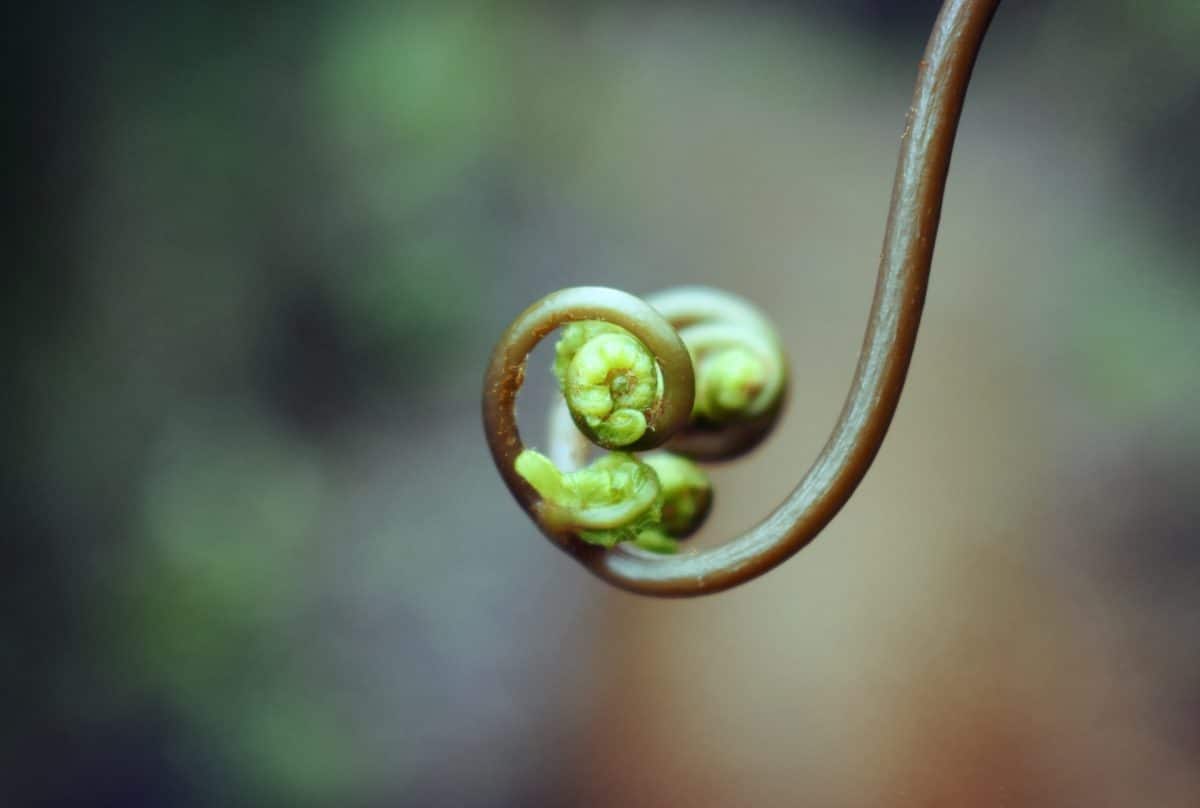Witchcraft vs. Wicca: Understanding the Difference
We all love a little mystery in our lives, don’t we? Life would be like a stale piece of toast without that sprinkle of exciting and mysterious cinnamon. Just like adding that pinch of spice into your morning ritual, today we’re going to delve into something spicy and magical.
We’re lifting the veil on two fascinating paths: Witchcraft and Wicca. Buckle up, because it’s going to be a spellbinding ride!
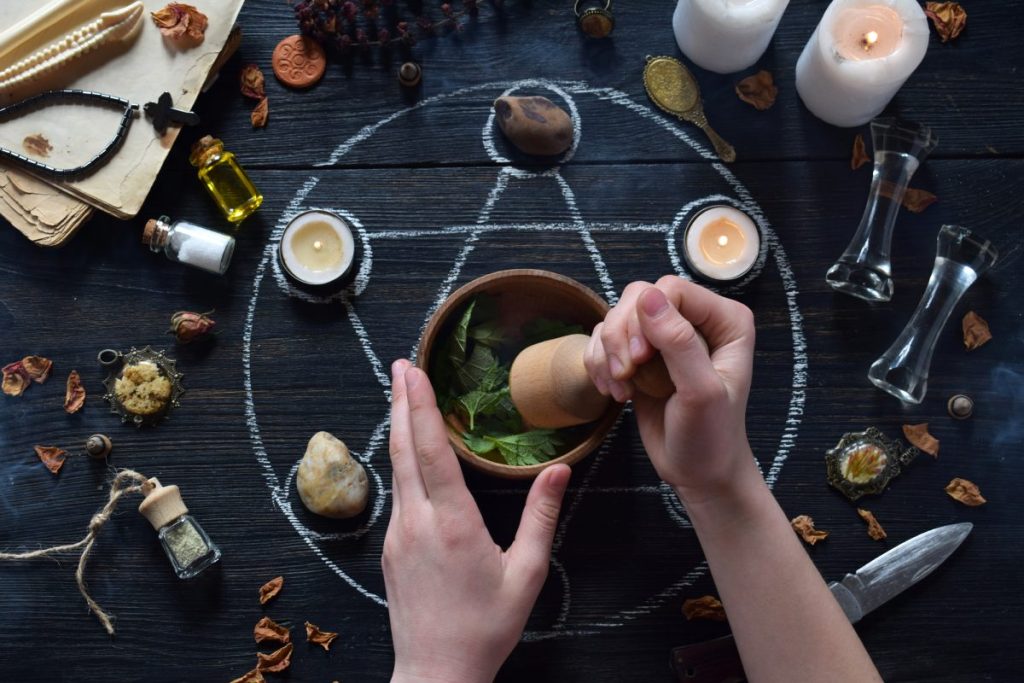
Table of Contents
A Peek into the Cauldron: What is Witchcraft?
Let’s kick things off by conjuring up a clear picture of what Witchcraft is. You might be thinking about those pointy hats, broomsticks, and the famous “Double, double toil and trouble” scene from Macbeth. However, real-life Witchcraft is far less Shakespearean and a whole lot more nuanced.
Witchcraft, at its most basic, is a practice — one that uses magic and operates independently of any specific religious framework. You can think of it as a giant, magical pick ‘n’ mix, with practitioners borrowing different bits from various cultures and eras. Witchcraft encompasses a broad range of practices, from your Aunt Mildred’s lucky rabbit’s foot to complex ceremonial magic rituals.
Isn’t it like finding out that your favorite mystery novel has secret chapters? Witchcraft is just so…bewitching, isn’t it?
A Sprinkling of History
Historically, the term ‘witch’ has been tinged with negativity, thanks to the infamous witch hunts and trials of the Middle Ages and Renaissance periods. But let’s break those rusty chains of the past and remember that ‘witch’ simply refers to a practitioner of Witchcraft, male or female, pointy hat or not!
Stepping Into the Circle: What is Wicca?
So, what’s the story with Wicca? Well, if Witchcraft is the grand old mansion of magical practice, Wicca is like a relatively modern cottage built within its grounds. As a religion founded in the mid-20th century by Gerald Gardner, Wicca incorporates many elements of older pagan and witchcraft traditions.
Most Wiccans follow the Wiccan Rede: “An it harm none, do what ye will.” It’s a spiritual path emphasizing respect for nature, positive morality, and the worship of a Goddess and God. So, less about turning your annoying neighbor into a toad, and more about finding harmony with the natural world and your inner self.
Under the Wiccan Moon: The Different Flavors of Wicca
Think of Wicca as a magical buffet. There are many traditions, or ‘flavors’ of Wicca: Gardnerian, Alexandrian, Dianic, to name a few. Each has its unique characteristics and rituals, much like how your grandma’s secret apple pie recipe differs from my Aunt Ethel’s (which uses a peculiar amount of cinnamon, I might add).
The Magic Link: Witchcraft vs. Wicca
So, where do these mystical paths cross and where do they diverge? In the grand Venn diagram of life, Witchcraft and Wicca certainly share some overlap. Many Wiccans use witchcraft as part of their religious rites, and you’ll find plenty of witches who adhere to the Wiccan moral code.
But remember, not all who stir the cauldron call themselves Wiccan. Many witches follow different spiritual paths or none at all. It’s like enjoying the thrill of a mystery novel without belonging to a book club. Wicca, on the other hand, is a distinct religious path with its set of beliefs and structures.
The Magical Conclusion
So there you have it, dear reader. Witchcraft and Wicca, while intertwined in parts, are two distinct entities. One, a broad magical practice unrestricted by religious boundaries, the other, a more structured, nature-based religion with a witchy flavor. Understanding this adds a bit more nuance to our perceptions, doesn’t it?
We hope you’re walking away with a newfound respect for these paths and, perhaps, a curiosity to learn more. Maybe you’ll even find yourself dipping a toe into this fascinating world. Just remember: if you do venture into the realm of magic, make sure you harm none and respect all. Because in the end, isn’t that what it’s all about?
And as always, stay magical, my friends. Until next time, happy spell-casting… or should I say, happy exploring!

